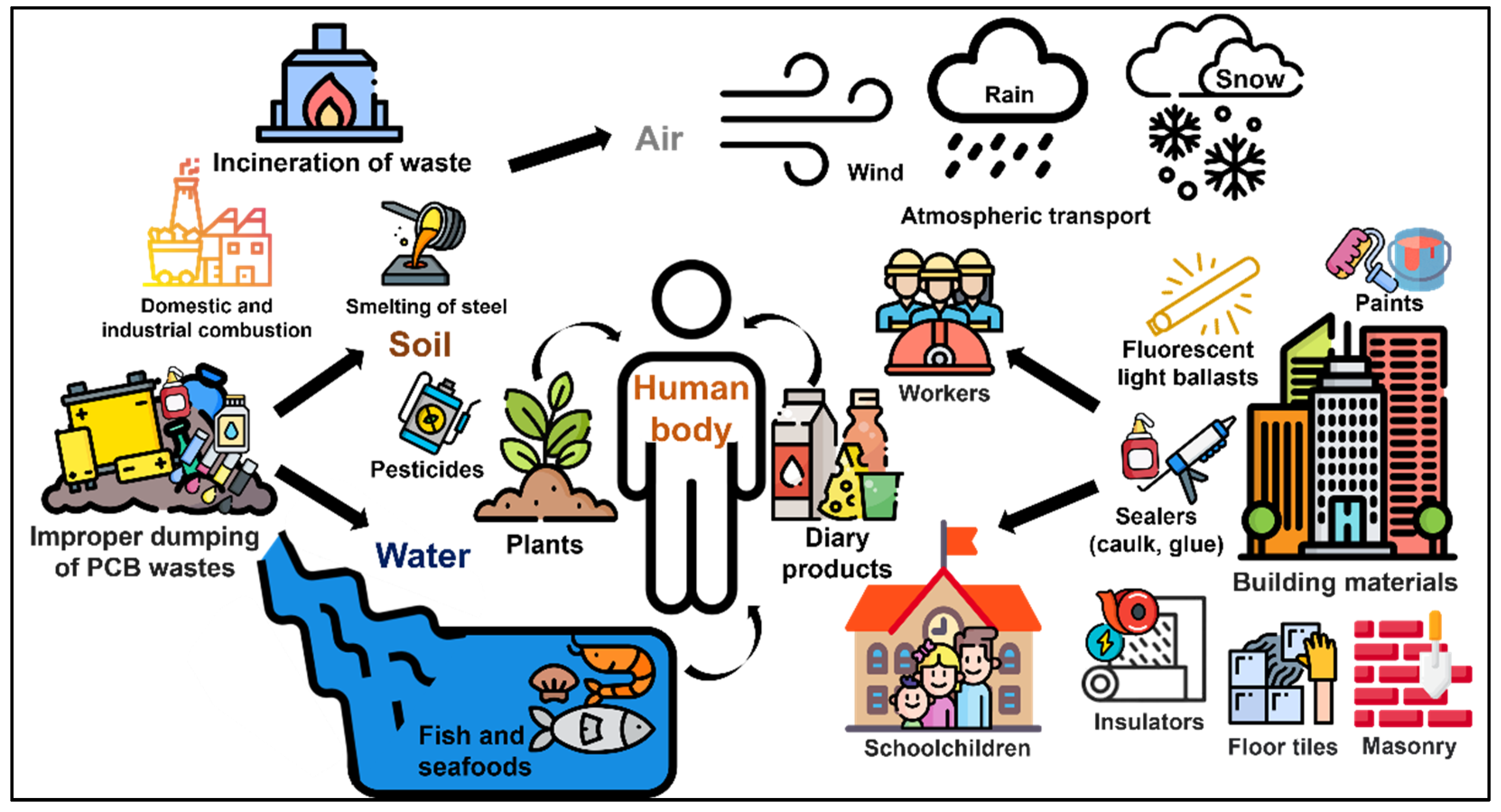 SECURITY is freedom from physical hurt, injury, human right abuse or other threats to what constitutes the core of individual security. My views differ sharply on how the communal concept of security as it concerns the youth should be expanded from this core. For some, maladministration, youth marginalisation, youth exploitation, inefficient security institutions, hunger, disease and environmental pollution represent grave security threats even worse than physical violence. Thus, conditions of abject poverty or powerlessness are viewed as not qualitatively different from susceptibility to physical violence during conflict.
SECURITY is freedom from physical hurt, injury, human right abuse or other threats to what constitutes the core of individual security. My views differ sharply on how the communal concept of security as it concerns the youth should be expanded from this core. For some, maladministration, youth marginalisation, youth exploitation, inefficient security institutions, hunger, disease and environmental pollution represent grave security threats even worse than physical violence. Thus, conditions of abject poverty or powerlessness are viewed as not qualitatively different from susceptibility to physical violence during conflict.
Political violence, social insecurity and crimes in most countries are traceable to a high rate of unemployment among youths who constitute the economically active groups, political machinery and the largest population of every nation. Needful, but sad to say, that the greater percentage of Nigerians are ignorant and poverty-stricken despite all the abundant resources in the country, hence the insecurity challenges.
It is right to conclude that, the continuous epidemic revolution of crimes and terrorism, which we have experienced in the past few years in our country, may not be unconnected with the alarming rate of youth unemployment.
It is disheartening to note that a majority of Nigerian youths are unemployed; and the few ones in employment are confronted with so much of socio-economic pressure from hordes of dependants.
The recent estimated data from the National Bureau of Statistics shows that of the over 90 million youth population, about 56 per cent are unemployed and nine per cent are under-employed leaving only 35 per cent employed! However, some factors have been identified as elements that stoke the embers of youth unemployment and under-employment in Nigeria.
First, there are ineffective mechanisms for overcoming the challenges of cyclical and structural youth unemployment in the country. From the ages of 18 to 45 years, there are no composite measures on ground, at all levels of governance with which to solve the perennial problems of unemployment and to alleviate poverty.
It is no doubt that a nation afflicted with decay in her educational sector, moral decadence in public and private offices, high unemployment rate and lack of infrastructural amenities such as transportation, good roads, electricity, good health facilities and many more should automatically face tremendous insecurity challenges.
In this regard, patriotic public functionaries must step forward, driven by concern to eradicate poverty through prompt delivery of basic amenities, provision of socio-economic security and proper integration of youth in policy making. This is a necessity to rapid growth in our nascent democracy.
Give a man education and you wean him off animalistic tendencies. Education is regarded as the antidote to eradicating poverty but reverse is almost the case in most societies of the developing world. There, most educated students, in fact, the genius among them, have been found perpetrating insurgency. This is owing to the fact that Nigeria’s educational system is dysfunctional in curricula-structures. These do not promote youth entrepreneurship, innovative skills and virile apprenticeship schemes. Rather, most products of Nigerian education system are theoretically-circumscribed and book-bound, in their thinking and orientation. All they think of after getting certificates is to seek paid-employment, instead of self-employment that can fuss rapid economic and political growth in Nigeria.
The number of years most job-seekers waste in looking for white-collar jobs to develop the skills they have acquired from various institutions or to build their relevant careers is enough to create desirable job opportunities for themselves and contribute to national economic growth. I have put my thoughts together in a book, titled “African Security Solution.” It is available on the internet. It was published in the United Kingdom in 2012 and sold globally.
Any nation that neglects her youth will not witness continuous growth of any kind because the youths are in the developmental process in any country. Therefore, a pragmatic and patriotic government is called for as a catalyst to growth. It should go without saying that youth and security are greatly interwoven. The youths are the machinery used to perpetrate most of the dreaded crimes. In this country, for instance, youths are behind the advent of Boko Haram. Agitation by Bakassi militants and some more in recent times were instigated by youths. To solve the problem of insecurity the governments at all levels must make youth empowerment and innovative programmes a priority. This class of citizens are primed to be the most economically active groups.
The population explosion coupled with our porous borders should compel our government to be more proactive in tackling the youth unemployment situation as urgently as possible. The Nigerian customs and immigration officials should wake up to their responsibilities by ensuring that Nigerian borders are air-tight against foreign miscreants who enter illegally to constitute social menace in our land.
The government should empower the police force. Policing anywhere is very crucial to ensuring safety of lives and property. We, the citizens, have a role to play ourselves. Yes, the characteristic duty of the police is to ensure the safety of lives and property within a given environment, every citizen, too, must be security conscious.
The police force is the agency to which information on crime is passed for proper investigation. The existence of a body on policing within a community will go a long way to ease the burden on the police. The deficiencies such as corruption and under performance we observe among some of our policemen are traceable to lack of motivation and under funding by the government. Most of our police stations do not have funds to buy stationary, fuel for generators and operational vehicles. This terrible situation forces these policemen to resort to extorting money from accused persons.
One of the major ways of curbing crime in Nigeria is through the proper introduction of community policing that will boost the intelligence gathering capacity for crime prevention. Those to constitute the pragmatic integration may include religious leaders, youth coordinators, landlords, traditional rulers, taxi drivers, market traders, private security companies, village heads, neighbourhood vigilante and non-governmental organisation.
This will build trust among communities in security enforcement and promote human compliant culture that will elicit an alliance and networking between local community interest groups, civil society organisations, informal police structures and the police force. It should be noted that this integration may not yield the desirable result without continuous training, backed with adequate provisions of sensitive equipment to support the service. We should not forget epolicing. Ready hands are available among the youths. This kind of rewarding engagements will, no doubt, curb internet fraud.
These are simple and cost-effective ways of fuelling beneficial national development and growth, instead of wasting huge amounts of public funds on running advertorials, travelling to negotiate ways forward on how to curb insecurity, hosting foreigners and chasing terrorists, political thugs and hoodlums in a nation endowed with abundant resources.
• Eso is a writer and social commentator.






